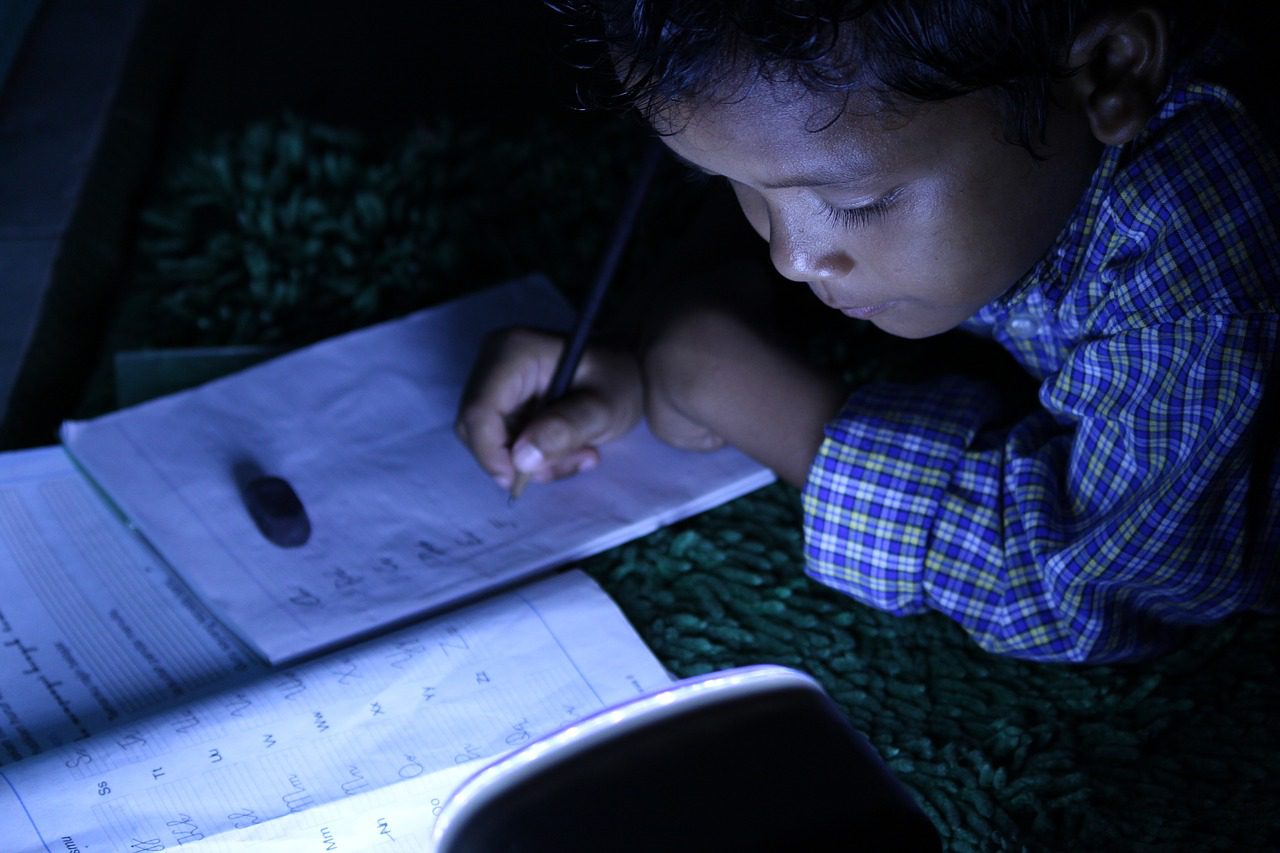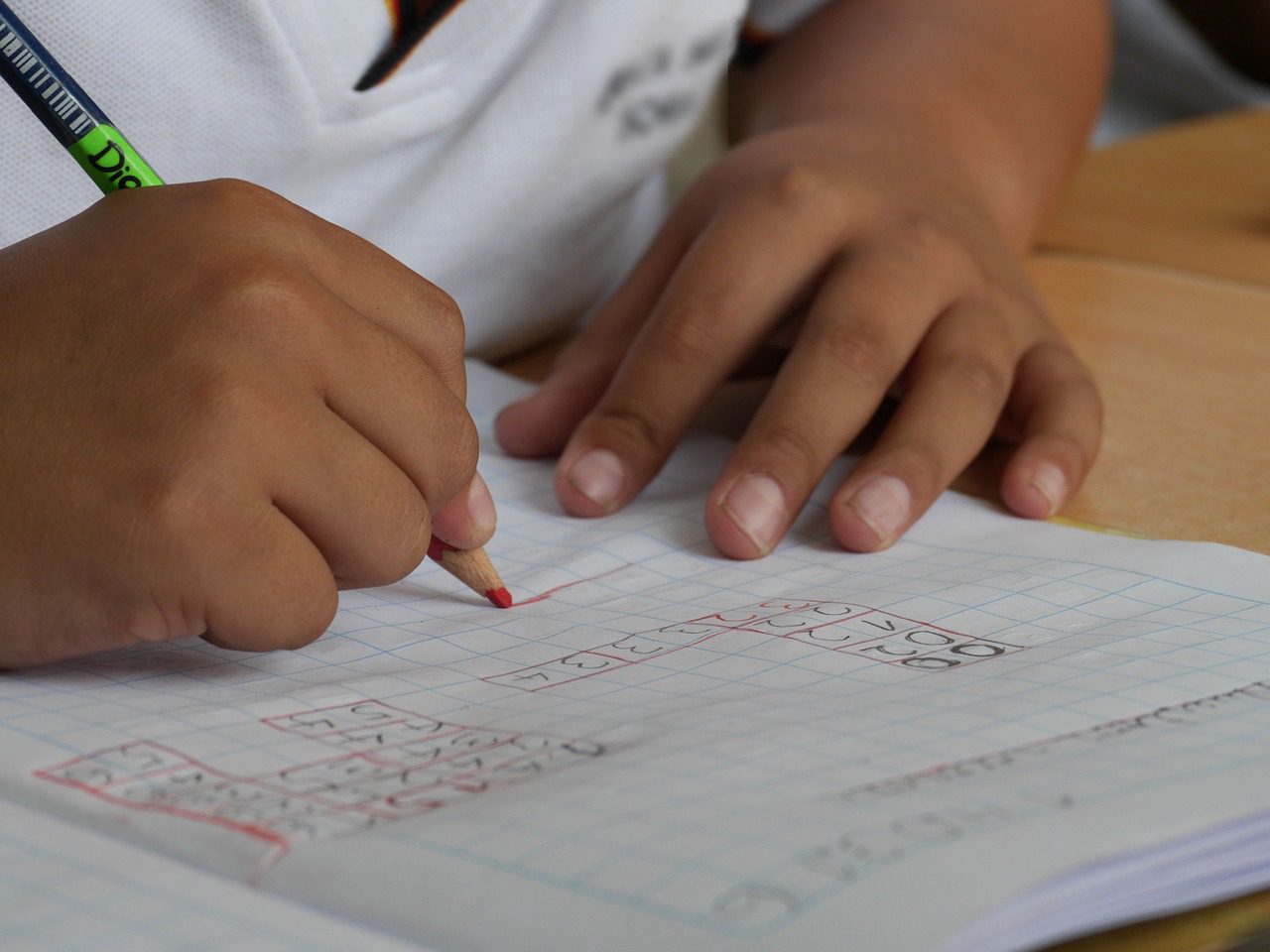
By Marcus Goh and Adrian Kuek
Exams are just around the corner, with some schools even starting their Semestral Assessment 1 (SA1) this week! It’s a stressful time for parents and students. So here are some tips your child could use to prepare for the mid-year examinations. Remember that it’s the little things that count!

1. Get 9 hours of sleep
Children are still growing, so don’t sacrifice their physical development for their mental development. Sleep is important for their growth, and it’s also important that they’re well rested for their exams!
Ensure that they get 9 hours of sleep every night so that they’re physically ready for the long bouts of intense concentration that exams require. Even during normal revision days, a well-rested student can absorb more information than a tired one.
In addition, researchers at the Michigan State University in the U.S. have discovered that the brain continues learning when you’re sleeping since it is still processing information as you sleep. So it’s not just about the rest, it’s about processing the knowledge that you’ve learnt too!
2. Eat right
Eating properly is also essential for good exam performance. After all, you don’t want your child falling sick because of too much fried and heaty foods right? Make sure they drink enough water too, especially since our weather is getting insanely hot again.

3. Study in 40-minute blocks with 10-minute breaks
Give their eyes a rest too with 10 minute breaks per 40 minutes of studying. Not only does this stave off the early onset of myopia, it also helps them pace for longer periods of effective studying. Studying for the exams is like running a marathon in that consistent effort over time is what generates the best results.
Also, don’t let them take breaks during the 40-minute studying period. This might sound callous, but remember that your child gets a 10-minute break after that. Hence, they should try their best to remain focused during each study period.
This trains them to stay focused during the exams, when every minute counts. If they get distracted easily when they’re studying, they might not have the mental stamina to stay on task during the exams.

4. Study in the day, sleep at night
This isn’t some old wives’ tale. Rather, it’s to do with keeping your child’s circadian rhythms in sync with exam timings. If they’ve got several days of study break for exams (or if they’re studying over the Labour Day and Vesak Day public holidays), then keep their schedule as similar as possible to their school-going schedule. Have them study in the day, during the same time that their exams would be held, so that they’re used to focusing and concentrating during that time.
In addition, studying in the day means that your child will sleep earlier at night, which means they get sufficient rest for the exams.

5. Do practice papers
Practice papers might be the bane of all students, but it’s a useful tool that trains both their examination skills and their understanding of the subject. Doing one or two practice papers after all revision has been completed is a good way to see if your child can apply all he or she has learnt in the exam. Don’t overdo practice papers though, otherwise your child would be fatigued by the time they get to the actual exam.

6. Do error analysis
Doing exercises or practice papers isn’t enough – make sure that they analyse their errors. This means that they take the time to go through answers they got wrong, understand why they were errors, and keep in mind not to make such mistakes again. Sometimes it’s a matter of conceptual understanding and other times it’s a matter of exam savvy.
Utilise these tips to make sure your child aces his next examination!
This article was written for and first published on Yahoo Singapore’s Grade Expectations.
Grade Expectations is a weekly feature on education in Singapore. Expect fun activities, useful tips and insightful news on learning. It’s not just about your child’s grades — it’s about raising a great child!
Marcus Goh runs Write-Handed, a creative writing studio. At the same time, he teaches English at The Write Connection. He has been a specialist tutor for English and Literature (Secondary) since 2005.
Adrian Kuek runs Joyous Learning, an enrichment centre that specialises in English, Mathematics, Science and Creative Writing for Primary. He previously served as the academic director of one of Singapore’s largest enrichment centre chains for over seven years.
If you liked the article, follow me on Facebook and Twitter for more (presumably) good updates!
To get in touch with me, send an email!
Leave a Reply